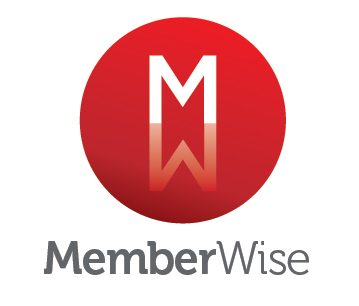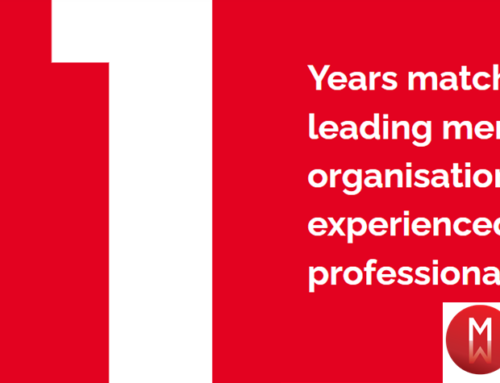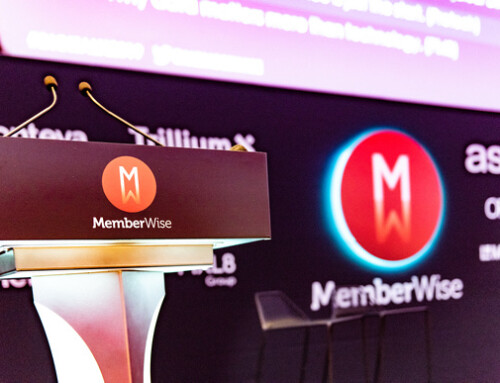I am delighted to introduce Steve Othen FIRP, Head of HR & Projects at Recruitment & Employment Confederation (REC). Let’s hear what Steve has to say on this critical topic.
Stop recruiting like a membership body
(Opinion Piece by Steve Othen)
Over 70% of global CEOs say that a shortage of skills is a big concern for the future of their organisation. If you narrow this down to the UK, the number grows to more than 80% (PwC 2015). According to our monthly Report on Jobs, their concerns are well founded as we have been seeing a month-on-month increase on the amount of roles being reported as hard to find.
This is leading to many candidates (especially those with in-demand skills) being more selective about where and when they work. Candidate experience is a bit of a buzz phrase in the recruitment industry at the moment, but rightly so. The way we recruit is now more important than ever before. This is true regardless of the shape, size or sector of your organisation.
As a membership body we need to think about how we recruit and how we market ourselves to potential candidates, after all we are organisations in our own right too. Not many people grow-up with an aspiration of working for a membership organisation, but that doesn’t mean we can’t attract the talent we need to succeed. It certainly wasn’t my dream, but I have now been at the REC for more than 11 years and counting.
I was intrigued by the vision and purpose of the organisation. Most professional bodies exist to represent, educate, professionalise and/or enhance our industries – maybe we should portray this a bit more when looking for talent. It’s not just about the benefits we offer, it’s about what we stand for too – this will become even more important for future generations when they are deciding where they want to work.
In 2015, we launched some new messaging at REC. ‘Jobs transform lives‘, which is why we are building the best recruitment industry in the world’. Moving forward we will use this in messaging to our members, non-members, stakeholders and maybe even job applicants.
However, before you embark on a mission to rework your employer branding please be sure to remember one thing – be truthful. Don’t over promise and don’t be scared of being honest – about the good things and also about the challenging parts of working for your organisation.
Also, if you want real feedback on how to improve your recruitment process, ask your candidates. CEB data shows that new recruits not only perform better, but are more intent on staying with an organisation if they have a positive experience throughout the hiring process. Yet, according to our ‘The candidate strikes back’ report, 80% of job seekers were not asked for feedback during the recruitment process – this is a huge missed opportunity to improve ourselves and our brand. Surely we want people sharing good stories about their experiences with us, not bad, so let’s help them do so.
In April 2014, REC launch the Good Recruitment Campaign. This campaign is about pushing the importance of how we recruit up the corporate agenda. At the centre of this campaign is an aspirational charter to which we are asking as many organisations as possible to commit. We already have 100 organisations committed (including the likes of PepsiCo, Kellogg’s, Mercedes-Benz, EY and more) and we want to double this number in 2016. Organisations that commit gain access to free research, information, guidance and a network of like-minded organisations – all around improving their recruitment processes. We already have involvement from bodies such as the CIPD, ILM and the Federation of Small Businesses; we would love for more membership bodies to get involved too. This campaign is a great way for membership bodies to show they understand the importance of recruitment and to promote the campaign (and associated benefits) to their members at absolutely no cost.








Leave A Comment